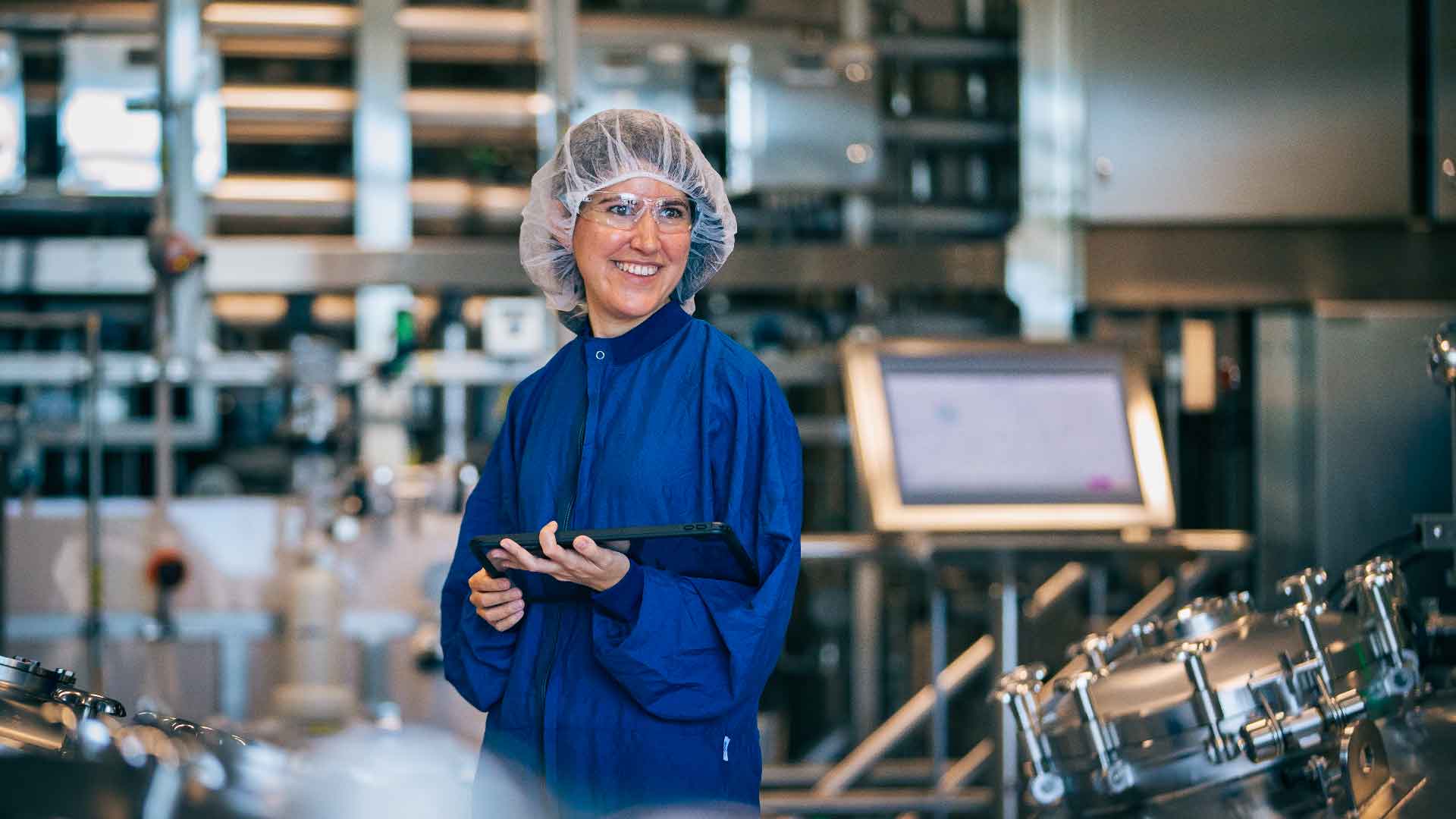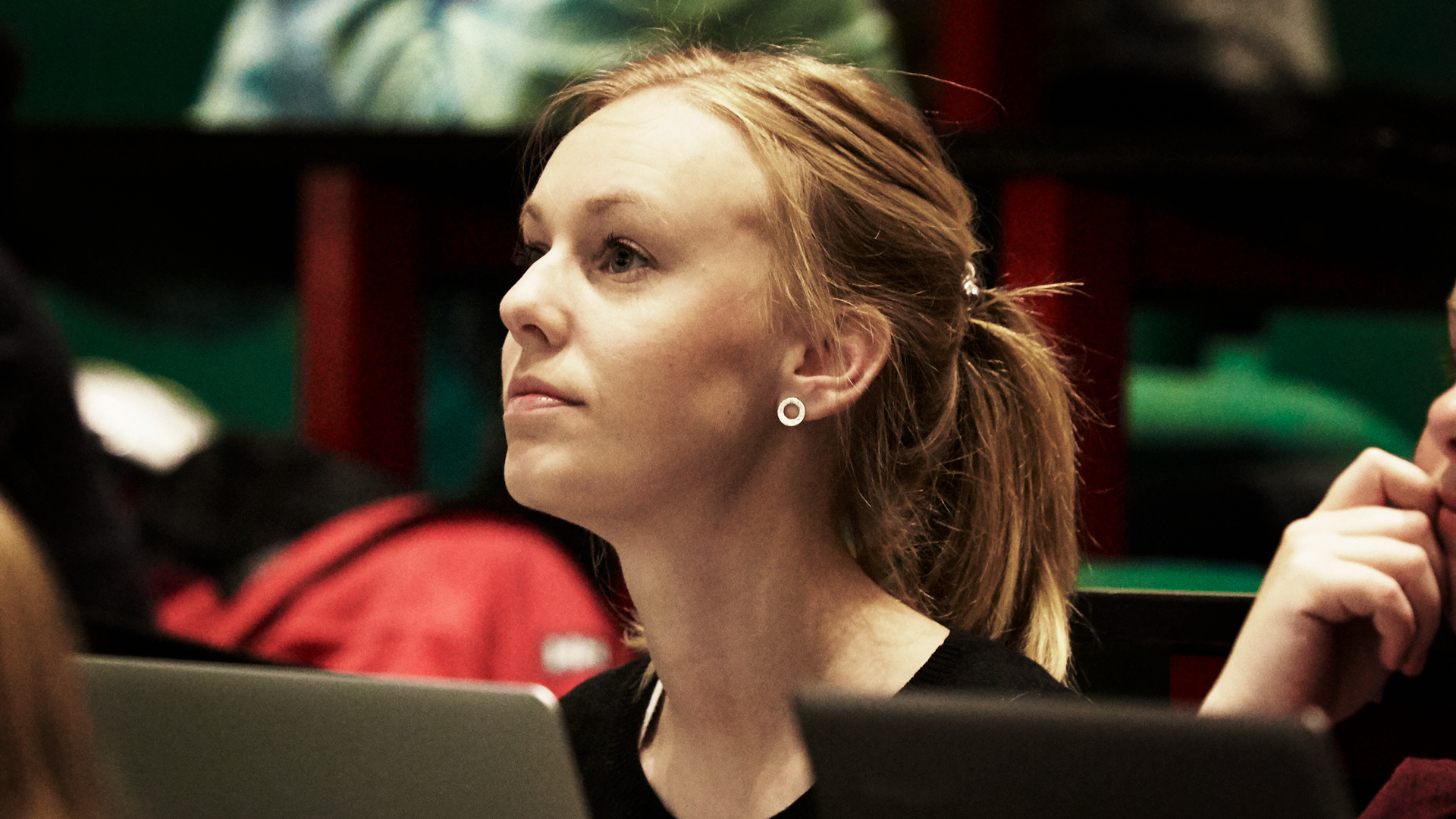Chemical engineers and biochemical engineers head the research into and development of methods for large-scale production of drugs, inexpensive production of basic chemicals and fuels, and the economic production of advanced materials used in a wide range of areas – including communication, IT, health, and transport.
Research into and development of methods for preventing and remedying environmental problems in relation to chemicals in the production, as well as research into and development of methods for sustainable chemical and biochemical energy conversion are also key fields of activity.
The MSc Eng programme in Chemical and Biochemical Engineering combines the study of chemical and biochemical industrial technology and is targeted at students interested in the commercial and sustainable chemical or biochemical conversion of raw materials into products, as well as research into and development of methods, equipment, and processes.
On the programme, you will learn to solve technological problems using chemistry, mathematics, physics, and thermodynamics. You can choose to concentrate on the study of chemical engineering or bioprocess technology while gaining strong competencies in related or entirely different areas by choosing from among the range of electives.
You will write your MSc Eng thesis at one of DTU's research centres–probably at DTU Chemical Engineering. The MSc thesis is often written in collaboration with a large Danish company, preparing you for future research and development work at universities or in industry.
The MSc is a two-year graduate programme with a workload of 120 ECTS credit points.
See curriculum.










